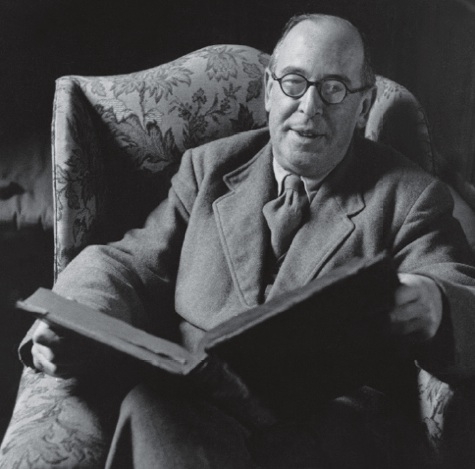 |
| Technically this is the Day of the Dead, but it's a cool pic. Okay? |
http://www.cbn.com/spirituallife/onlinediscipleship/halloween/halloween_watt05.aspx
"An old proverb says, "When you sup with the devil, use a long spoon." Presumably, NO genuine Christian would want to sup with the devil at all and yet many may be doing so in ignorance."
http://www.chick.com/seasonal/halloween/celebrate.asp
"For some people this holiday is a time for dress-up and candy; it is an opportunity for fun. Others express concern for their child's safety or for the emphasis that is often made on violence or horror at this time of year."
http://www.billygraham.org/articlepage.asp?articleid=1844
"The celebration of Halloween has no such Christian spiritual features. True, this holiday falls on October 31st, which is the eve of All Saints Day, which is a festival day celebrated by some Christian churches. However, the modern celebration of Halloween is not generally thought of as a Christian time of worship."
http://www.gci.org/church/holidays/halloween
"Have you noticed how costumes and masks are getting generally more bloody, gory, and depraved each year? Unfortunately, the gruesome and grotesque and the occult are increasingly glorified in American society, not only on Halloween, but throughout the year in frequent horror movies and television programs."
http://www.christiananswers.net/q-eden/halloween.html
"Halloween—October 31—is considered a holiday in the United States. In fact, it rivals Christmas with regard to how widely celebrated it is. Stores that sell only Halloween-related paraphernalia open up a few months before the day and close shortly after it ends. But is Halloween a holiday that Christians should be observing?"
http://www.charismamag.com/site-archives/610-spiritled-woman/spiritled-woman/7156-the-danger-of-celebrating-halloween
"Good Christians are right to want to avoid evil, but Halloween is not evil, at least the way it is celebrated today. Some sincere people may worry about the origins of Halloween, but that is a mistake."
http://www.washingtonpost.com/blogs/on-faith/post/should-christians-celebrate-halloween/2011/10/30/gIQA4HmbXM_blog.html
"Halloween, no matter how commercialized, has almost completely pagan origins. As innocent as it may seem to some, it is not something to be taken lightly. Christians tend to have various ways to celebrate or not to celebrate Halloween. For some, it means having an “alternative” Harvest Party. For others, it is staying away from the ghosts, witches, goblins, etc., and wearing innocuous costumes, e.g., little princesses, clowns, cowboys, super-heroes, etc. Some choose not to do anything, electing to lock themselves in the house with the lights off. With our freedom as Christians, we are at liberty to decide how to act."
http://www.gotquestions.org/Christians-celebrate-Halloween.html
And my own op-ed about this topic...
http://filthyragsanddirtycups.blogspot.com/2012/10/the-hornets-nest-of-halloween.html




























